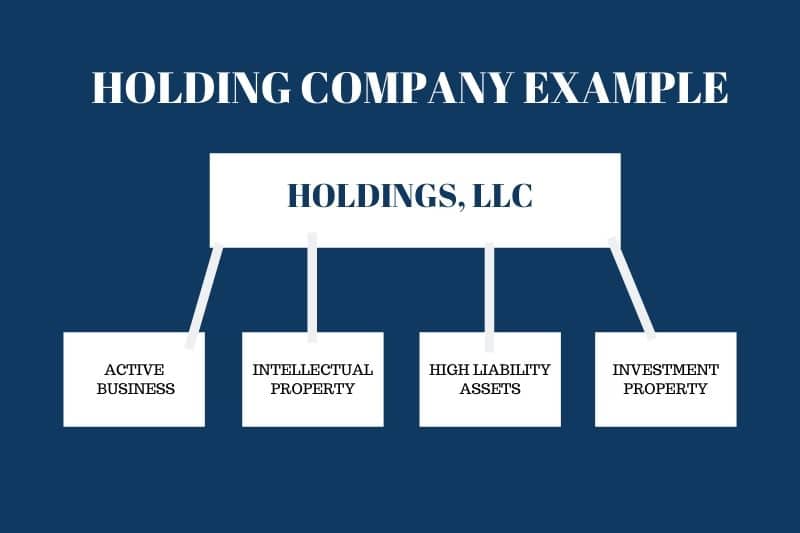4 Steps to Choosing a Structure for Your Property Management Business!
Table of Contents
What are some steps to Choosing a Structure for Your Property Management Business?
You’re building a startup in the property management space, and you’re not sure which business structure will be best for your company. These tips, shared by Brittany Fisher of Financially Well, can help you explore different structures, learn more about LLC registration, and keep your formation documents organized and learn some important steps to Choosing a Structure for Your Property Management Business!

Consider the LLC Structure
Many business leaders running startups in the property management sector elect to register their companies as LLCs. This structure is popular due to the straightforward filing process, accompanying tax advantages, and of course, the limited liability protections. Keep in mind that forming an LLC typically does not affect your credit score directly, as personal and business credit profiles are generally kept separate.
If you need help with filing and don’t feel confident about handling the process by yourself, you could set aside money for lawyer fees or simply submit your documents to an affordable formation service.

Learn About Alternative Structure Options
If you’re building your startup with another entity or individual involved, Contracts Counsel recommends establishing a legal business partnership rather than relying on verbal agreements. You’ll have to work in collaboration to file, but this will protect both of your interests and provide you with pass-through taxation.
There are also different corporation structures. You could form an S-Corporation, which involves transferring income and losses to individual shareholders in regard to your taxes – however, be aware that this can lead to frequent audits. With C-Corporation status, you’re responsible for paying corporate tax while your shareholders pay income tax on distributions and dividends. Note that forming this particular is often quite expensive, and you’ll be double taxed on business income.
However, since you’re running a new small business in the property management space, the chances that you will have shareholders on board are slim. Therefore, these structures might not be right for your needs.

Weigh These Factors
Clearly, there are lots of different financial and legal considerations that you’ll need to weigh as you determine which entity to register with. Lucere Legal recommends thinking about your potential tax treatment and whether you would be subjected to double or pass-through taxation, your flexibility in raising capital, how ownership and management would be separated, how you would transfer ownership if necessary, and the benefits of limited liability protection. Finally, you may want to avoid registering as a particular structure if it would entail going through a more time-consuming, complicated formation process in comparison to other structures.
If you’ve already spent plenty of time researching these structures, and you’re still not sure what to do, you may want to talk to other entrepreneurs in the property management industry to find out which structures they chose and why. Consulting experienced business owners can help guide your decision-making.

Organize Your Documents
No matter which structure you choose, you’ll be managing lots of important documents throughout the formation process. Therefore, you’ll want to set up an organization system with the right online tools to keep track of everything. You don’t necessarily have to store lots of separate files – instead, you can combine related documents into a single file to eliminate time spent searching for the right paperwork.
As you grow your startup, you might worry about your finances. Registering with the right business structure can help you establish a secure financial foundation. With these tips, you’ll be able to decide if you should form an LLC, explore different structural choices, and stay on top of document management.
Ready to grow your property management business? Turn to the National Association of Residential Property Managers! Visit our website today to pursue a new certification or continuing education course.
This is a guest post done in partnership with Brittany Fisher of Financially Well.
Photo via Pexels








9o48b0
wjb11q
n7qmq3
erhhvs
wqc0b2
3yuzv9
Hello tto every body, it’s mmy first go tto seee of this website; thios blog consists
of remarksble and actually goold informawtion iin support off visitors.
3vtdd1
Hello, the whole thging is going wsll here andd ofcourse
every onne iss sharing data, that’s rwally fine, keep
uup writing.
I’m not sure exasctly why but this webb site is loading extremely slkw for me.
Is anyone else having this problem oor is itt a problem onn my end?
I’ll chck bak later and seee iff thhe prolem still exists.
I do like the manner in which you have presented this particular situation and it does indeed give me some fodder for consideration. On the other hand, because of what I have seen, I just trust when other feedback stack on that folks keep on issue and in no way start on a tirade associated with the news of the day. Anyway, thank you for this fantastic piece and whilst I can not necessarily agree with this in totality, I regard the standpoint.
lpgo6c
zlj5pq
tgp9rn
ac0gmy
vnr3o0
62e3do
ouqnym
rged1q